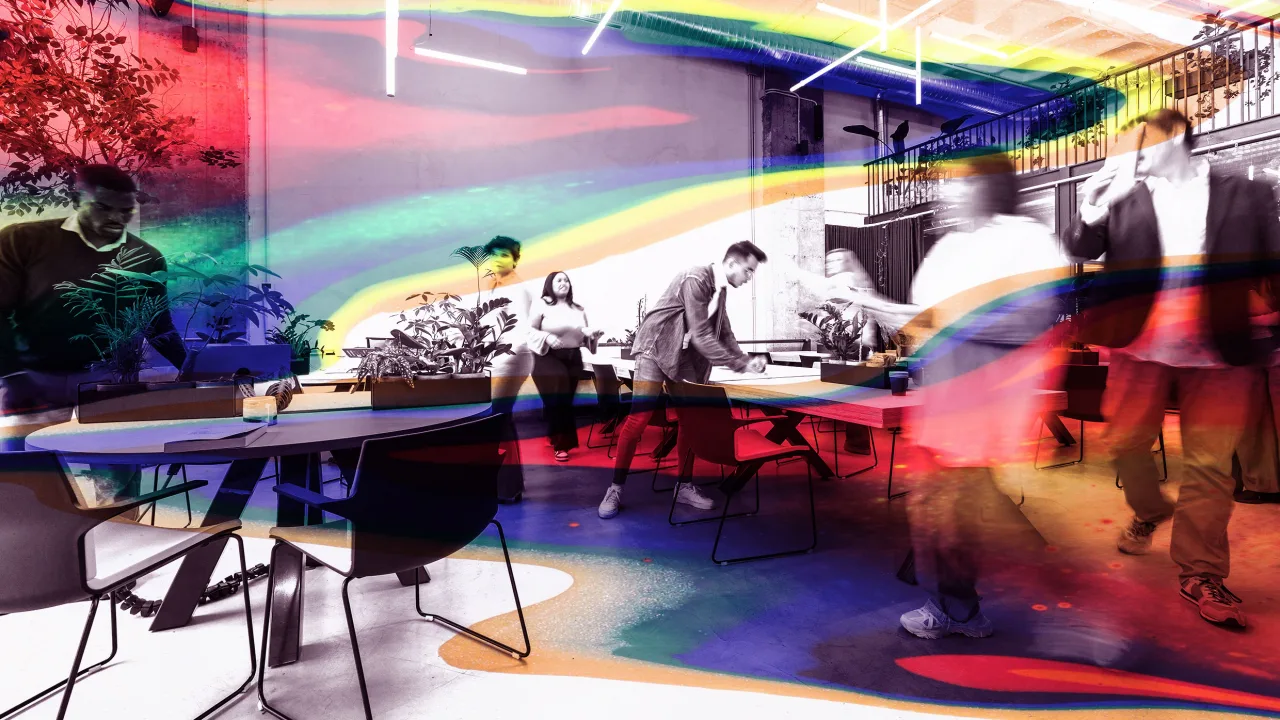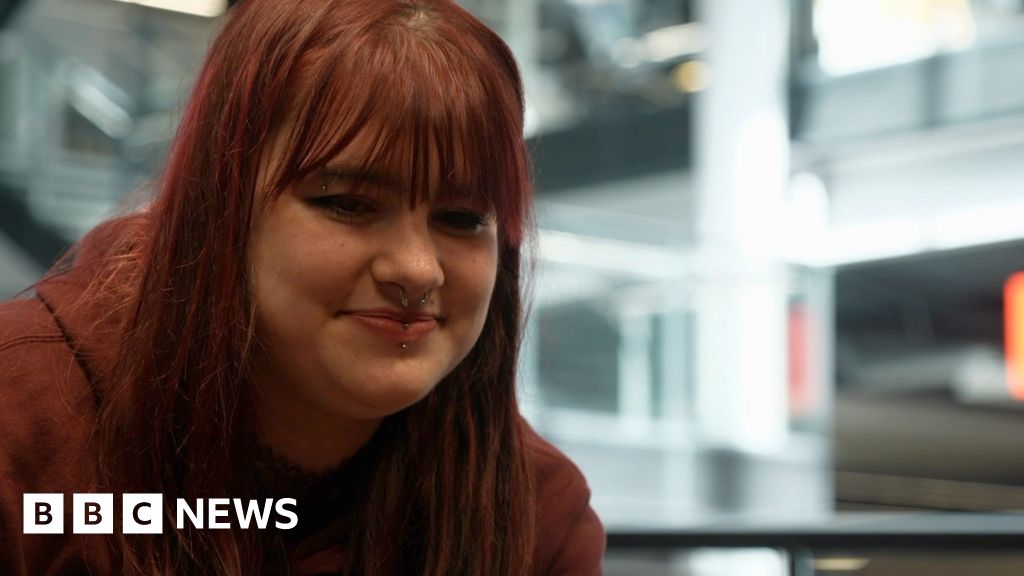A practical guide to being an ally in the workplace

Pride Month is here, and there’s no question we’ve come a long way since the first Pride events, which advocated for collective solidarity, individual identity, and resistance to discrimination and violence. Yet we still have much further to go.
According to one recent report from the University of California at Los Angeles, nearly half of LGBTQ workers have experienced workplace discrimination or harassment at some point in their professional lives. Add in microaggressions, or the everyday slights that happen in plain sight in front of colleagues and managers, and the number is even higher.
Here’s where allies can make a difference—and there are plenty of them. One PRRI public opinion report indicates that three-quarters of Americans support policies that protect LGBTQ Americans from discrimination in housing, employment, and public accommodation.
But being an ally to any minority is hard, especially when it’s not always obvious when someone identifies as LBGTQIA+.
So how can you be a better ally and bolster inclusion at work? Here are three ways (plus a bonus!) to be a more effective ally to the LGBTQIA+ community, from a business leader who also happens to be a lesbian.
1. Educate yourself
Allyship isn’t a passive thing that shows up without effort. Take it upon yourself to understand the struggles of your LGBTQIA+ colleagues and actively try to create change in your workplace.
The LGBTQIA+ label is a huge catchall (and a long acronym by any measure). Learning about the everyday experiences of even part of this community is a great starting point to better understanding the struggles we face. In turn, you can take steps to become a more effective ally and drive informed change. At the very least, it’ll help you recognize when you have the opportunity to stand up for, or against, something on our behalf.
Checking unconscious biases is also part of this narrative. Being self-aware to identify behaviors we’re not usually conscious of is the first step in learning how to avoid unintentionally acting on them.
2. Recognize your privilege and use it for good
You don’t have to apologize for it, you don’t have to hide it, but you do need to understand your privilege and the power it bestows.
Being a heterosexual person in the workplace—and in the world—gives you the chance to make a difference. It allows you to challenge bias, tackle unfairness, and effect change. And for a heteronormative individual, you can often do those things with far lesser risk. So be vocal. This doesn’t have to be in a big, highly visible way—it can be as simple as respecting someone’s chosen name or pronouns, and encouraging or gently correcting other people if they defer to the traditional he/she binaries.
You have the armor of privilege. Embrace it and then use it to open doors for those who don’t have that same protection.
Incidentally, having these conversations outside of the workplace with family and friends educates them on what being an effective ally can look like and what they can do to help. The more people we can bring to a place of understanding and support, the deeper the change.
3. Change the culture
Consistency is a major win when it comes to good allyship. It’s essential to building trust and driving lasting change, so model inclusive behaviors.
How? Good allies share opportunities with others: they cut out (and call out) microaggressions thinly disguised as banter; they use inclusive language with intention and sincerity; they listen to a member of the community over coffee and welcome someone into their space.
It can be as simple as being the voice against presumptions in the workplace. I’ve seen this myself when colleagues default to gendered generalities. For example, there’s using he/him pronouns when referring to generic or hypothetical humans (“Whoever we bring onboard, he should be highly skilled”). Or assuming someone’s gender on the basis of their name when you don’t actually know the person or how they identify (“I haven’t met Ryan, but I hope he’s top-notch”). By gently correcting (“Whoever we bring onboard, they should be highly skilled” or “I haven’t met Ryan, but I hope they’re top-notch”), you remind others that gender isn’t always what it seems—and that not everyone fits neatly into a gender normative box.
It can also be about consciously changing patterned social behaviors. For example, if a coworker mentions that they’re married, don’t assume they have a husband or wife of a different gender. I can’t count the number of times colleagues and clients have asked me “What does your husband do?” over the years. I’ve had to come out again and again over the span of my career.
Instead, consider asking about who they most enjoy spending time with outside of work or who the important people are in their life. It’s an open question that, when asked in an authentic and respectful way, invites the other person to share within their own level of comfort.
Continue to challenge the microaggressions. Culture change doesn’t come solely from the top. It comes from repetition, from small corrections, and from people like you choosing to do the right thing consistently.
The bonus: Don’t beat yourself up
The ever-evolving language of inclusion means we all trip up occasionally, even with the best of intentions. No one expects you to get it right every time. Don’t sweat it.
Even we trip up within our own community, be it over chosen names, pronouns, or how we support our loved ones who are transitioning. Give yourself some grace. If you make a mistake, apologize, learn, and keep going. Don’t let a slip-up stop you from showing up.
Allyship isn’t about being perfect. It’s rarely about big gestures. It’s about showing up, paying attention, and doing what you can consistently. Sometimes it means speaking up. Sometimes it means stepping forward on someone else’s behalf. And sometimes it just means being someone others know they can count on. The small, everyday actions add up. And when enough people do them, that’s when real change happens.
What's Your Reaction?
 Like
0
Like
0
 Dislike
0
Dislike
0
 Love
0
Love
0
 Funny
0
Funny
0
 Angry
0
Angry
0
 Sad
0
Sad
0
 Wow
0
Wow
0































































































